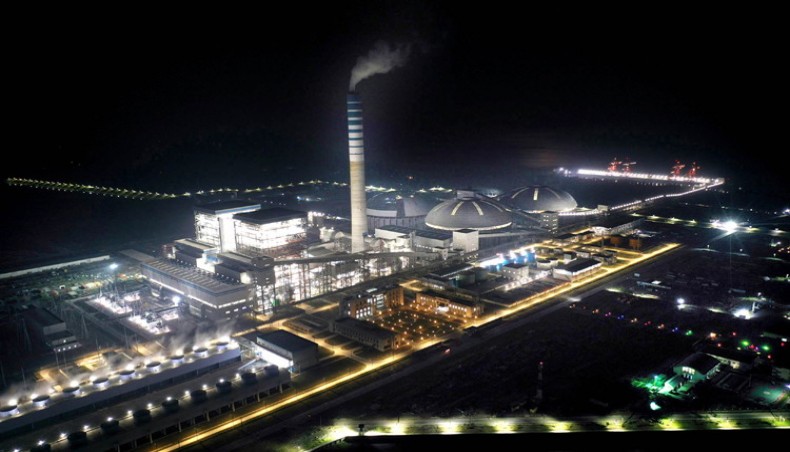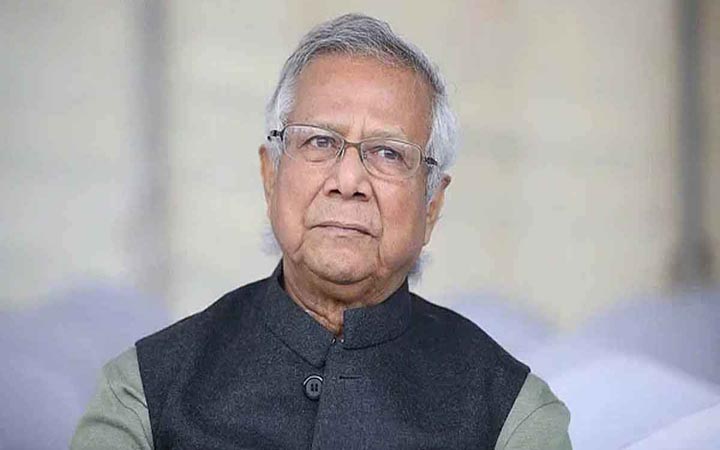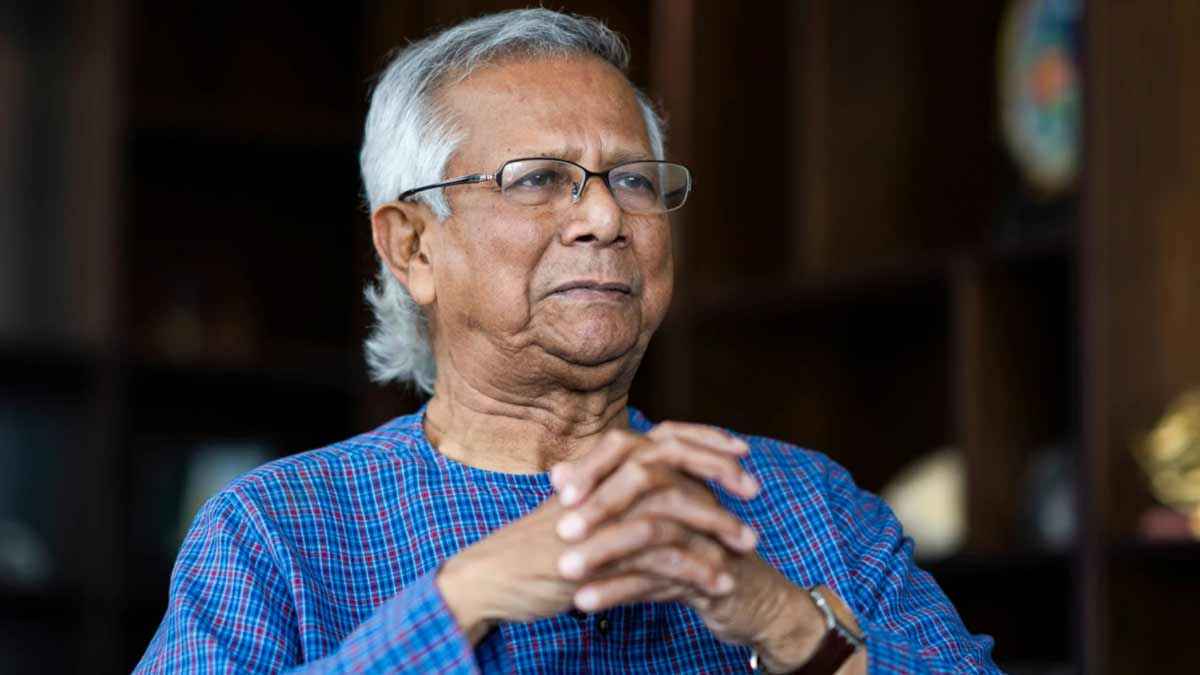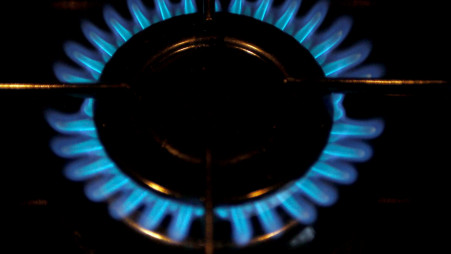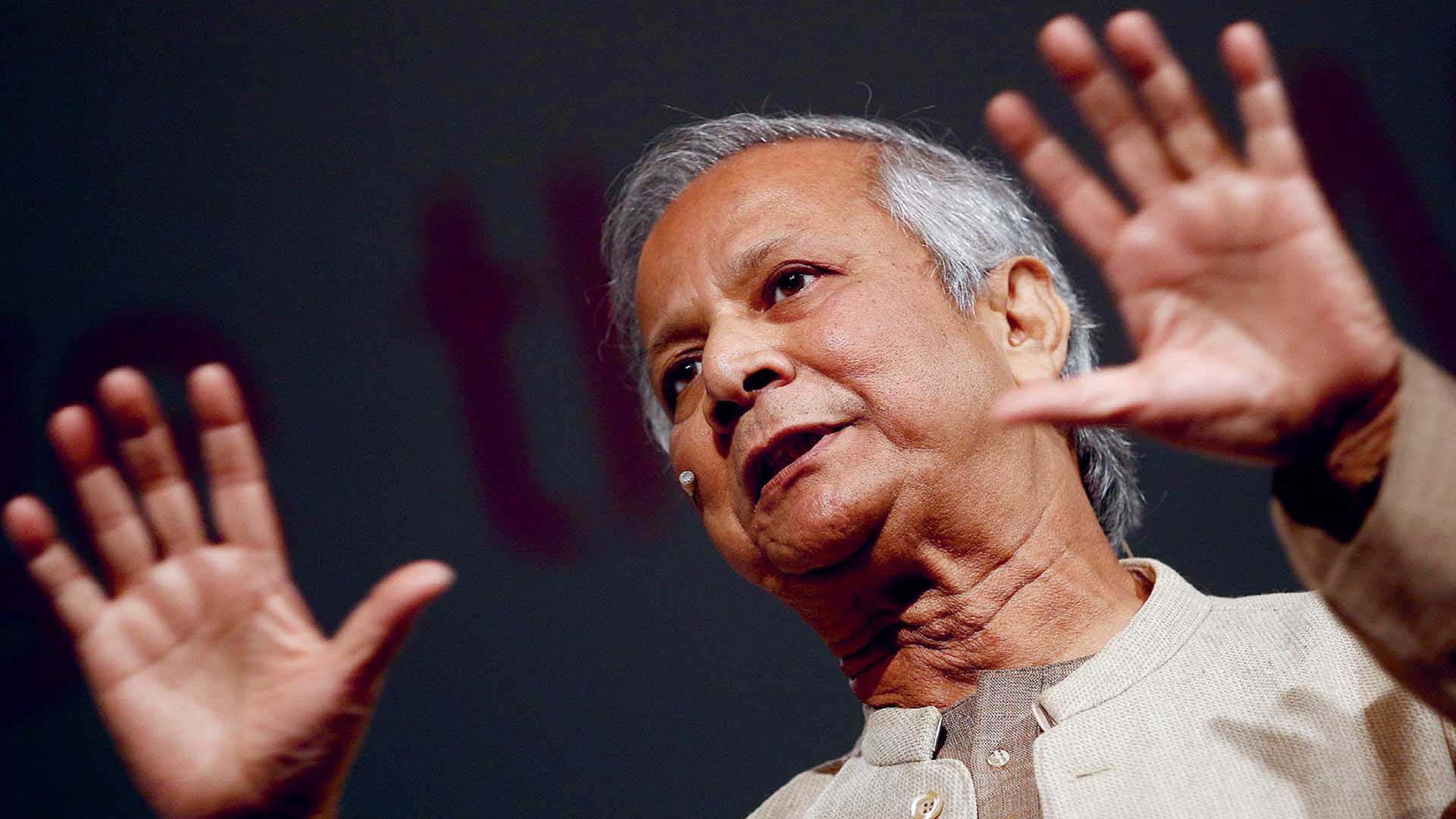Four new coal-fired power plants that will add 2,284 megawatt of electricity in phases by May 2023 will raise capacity charge by about Tk 2,500 crore in the current financial year, according to a compilation of economic analyses on the power plants.
The capacity charge is what the government must pay whether or not electricity is produced upon the commissioning of a power plant.
In FY2021-22, the government paid almost Tk 24,000 crore in capacity charge.
The additional capacity charge is coming online after almost half of the financial year has passed. In a full year, the combined capacity charge payable for these four power plants is about Tk 8,000 crore.
‘The power sector will keep dragging Bangladesh’s economy down,’ said Hasan Mehedi, member secretary, Bangladesh Working Group on External Debt, a non-government organisation which provided an economic analysis of three of the four new coal-based power plants.
Bangladesh is facing a prolonged dollar crisis and was forced to enforce rolling power outage in June as the Russia-Ukraine war disrupted energy supply chain.
The incumbent government promised a relief from frequent power crisis, lasting up to six hours even in Dhaka, with the new coal capacity coming online.
The rising price of coal – which quadrupled since June 2021 – overshadows the prospect of the new coal capacity to end Bangladesh’s power crisis as its economic situation deteriorated.
The 1,496-megawatt Adani Godda Power Plant, which is scheduled to come online in March next year, is estimated to generate Tk 4,500 crore as capacity and maintenance charge annually whether or not it produces power, according to an analysis made for The Washington Post.
After coming online, the power plant will generate Tk 1,500 crore as capacity and maintenance charge in the first four months of its operation when the ongoing financial year ends.
The Washington Post in an article published on December 9 said that the power plant was scheduled to come online next week, with Bangladesh being yet to be ready with its transmission line to receive power.
The Power Development Board in its latest power situation update said that the Adani Godda Power Plant would come online in March, 2023.
Bangladesh also agreed to pay the market price for coal used in the India-based power station, the Washington Post article said, citing clauses in agreements with other foreign power suppliers putting ‘a cap on the prices Bangladesh pays if the cost of coal skyrockets’.
Bangladesh would buy Adani’s electricity at more than five times the market price of bulk electricity in the country, the WP economic analysis said.
Adani’s power would cost Bangladesh 33 per cent more per kilowatt-hour than the publicly disclosed cost of running Bangladesh’s domestic coal-fired plants, even with coal prices returning to prewar levels, the WP analysis said.
The Bangladesh Working Group on External Debt in a report released in June this year estimated that the India-based power plant would generate Tk 3,657 crore as capacity charge.
The 307-megawatt Barishal coal-fired plant, set to come online this month, will generate Tk 250 crore as capacity charge till June, according to an estimate of the working group.
The first unit of 1,234-megawatt Rampal Power Plant is scheduled to come online this month as well. The first unit will have Tk 500-crore capacity charge till the end of this current financial year in next June.
The first unit of 1,224-megawatt Banshkhali Power Plant will come online in May 2023 and generate more than Tk 160 crore as capacity charge in the final month of the current financial year.
The BWGED estimated that the Banshkhali Power Plant, owned by S Alam Group, also enjoyed the privilege similar to Adani in which Bangladesh would pay the market price for coal used in the power plants.
‘Usually, 45 per cent of energy price in case of a sudden increase in raw materials is borne by power plant authorities,’ said Hasan Mehedi.
Bangladesh currently has three coal-based power plants with an installed capacity of 1,768MW.
With an overall installed generation capacity of 25,730MW electricity, the country’s average daily generation capacity is about 10,000MW, including 4000MW by gas. Furnace oil produces about 4000MW while coal about 1,000MW. About 800MW is generated by diesel.
‘The coal power capacity will reduce power generation cost by replacing expensive diesel,’ said Mohammad Hossain, director general, Power Cell.
‘An increase in capacity charge is obvious following capacity enhancement,’ he said, adding that there was a rising demand for power in the country.
‘People are happy to pay as long as they have access to power,’ he pointed out.


